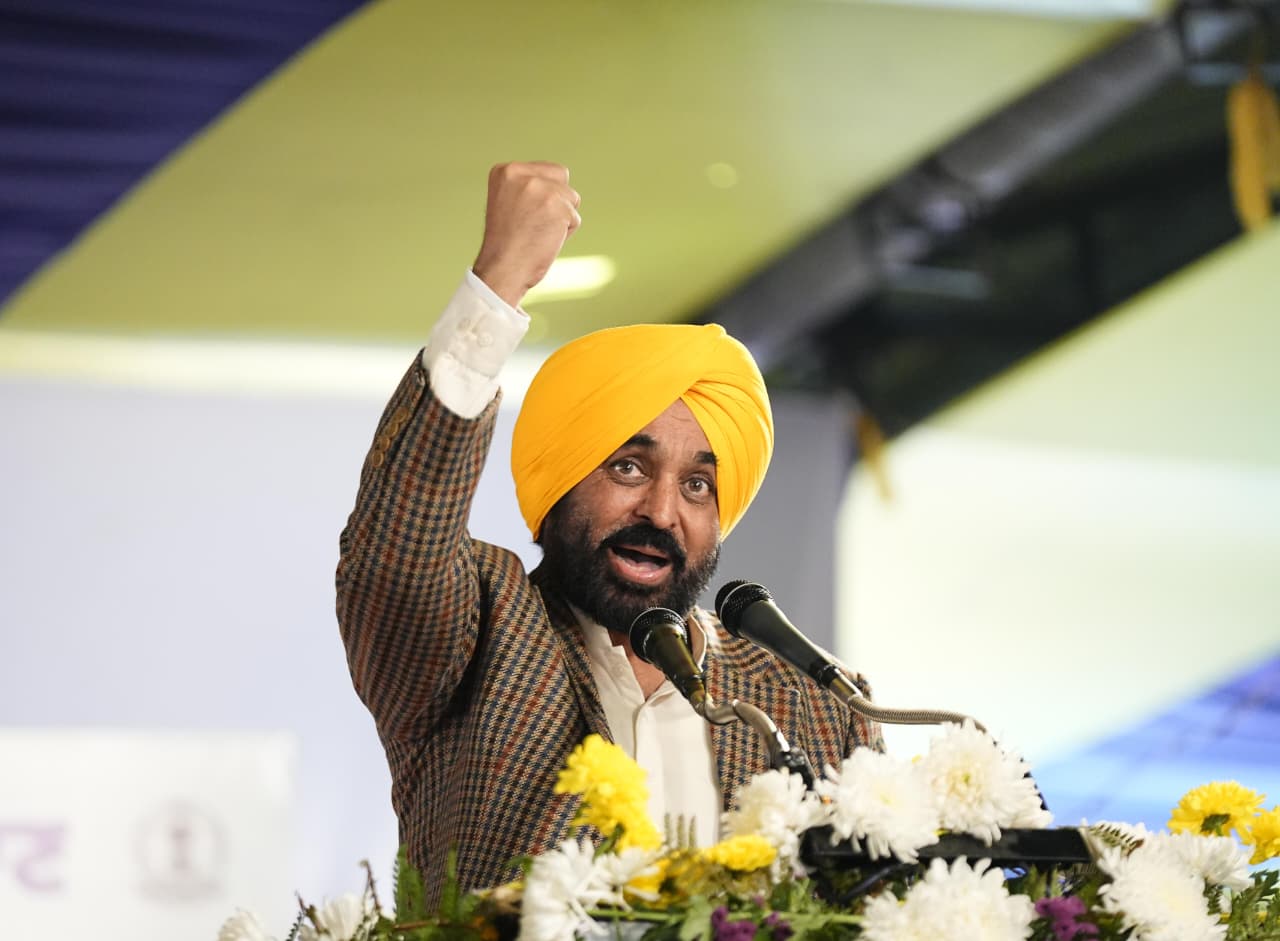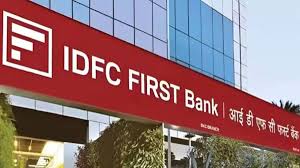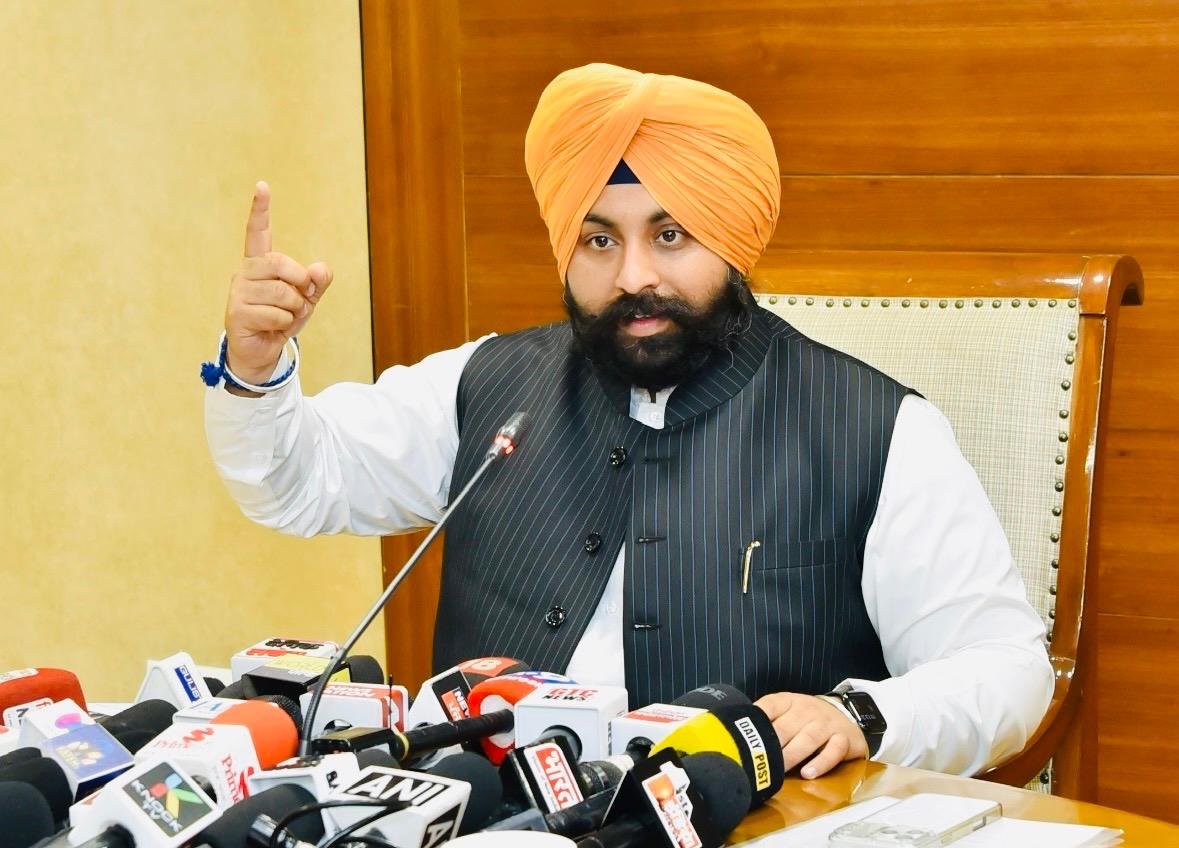Listen To This Post
Chandigarh: In a landmark leap toward transparent, efficient and citizen-friendly governance, Haryana has completed over 10,450 paperless property registrations in the first 21 days of November alone. The state’s fully digital land-registration system also set a new benchmark on Thursday, successfully processing 1,659 registrations in a single day—all without a single sheet of paper.
Financial Commissioner, Revenue and Disaster Management, Dr. Sumita Misra, described the achievement as “a transformation, not merely digitization,” noting that the system’s speed, stability and accessibility have improved significantly with upgraded software and streamlined workflows.
Strong Uptake and Rapid Digital Processing
From November 1 to November 21, citizens booked 9,365 online appointments, bringing the cumulative total to 10,450 appointments since Haryana switched to end-to-end paperless registration. Of these, 8,338 deeds were approved within this three-week window, pushing the total approved deeds to 9,260 under the digital system.
The platform is currently processing an average of 1,500 deeds per day, while the single-day peak of 1,659 registrations underscores the enhanced capacity of the upgraded registry infrastructure. Dr. Misra said improved backend performance has reduced system lag, enabled faster approval cycles, and ensured smoother functioning across all districts.
She highlighted that officer-side features have been strengthened as well. Tehsildars can now revert tokens directly, village and khewat blocking features have been activated, and appointment scheduling has become more seamless. The portal now reflects accurate deed verification status simultaneously across the Revenue Collector (RC) and Sub-Registrar dashboards, improving transparency and accountability.
Multiple issues related to stamp duty calculation, token deduction, and document flow have also been resolved. Citizens will no longer face a deduction of Rs 503 for an invalid token until the token is fully validated, protecting them from unnecessary financial loss.
Iterative Improvements Based on Ground Feedback
Dr. Misra emphasised that the success of the paperless initiative is rooted in continuous feedback from registrars, sub-registrars and frontline staff, whose suggestions have shaped regular system enhancements.
Among the latest improvements is a major simplification of the second page of the online registration interface—an area identified as cumbersome for users. The redesign aims to reduce citizen errors, speed up data entry, and make the overall registration experience more intuitive.
“Even small technical refinements can make a big difference for citizens, especially when they are completing property transactions involving substantial financial and emotional stakes,” Dr. Misra said.
With these upgrades, Haryana’s paperless registry system continues to evolve as one of India’s most robust digital governance models, demonstrating how technology can simplify public services at scale.















